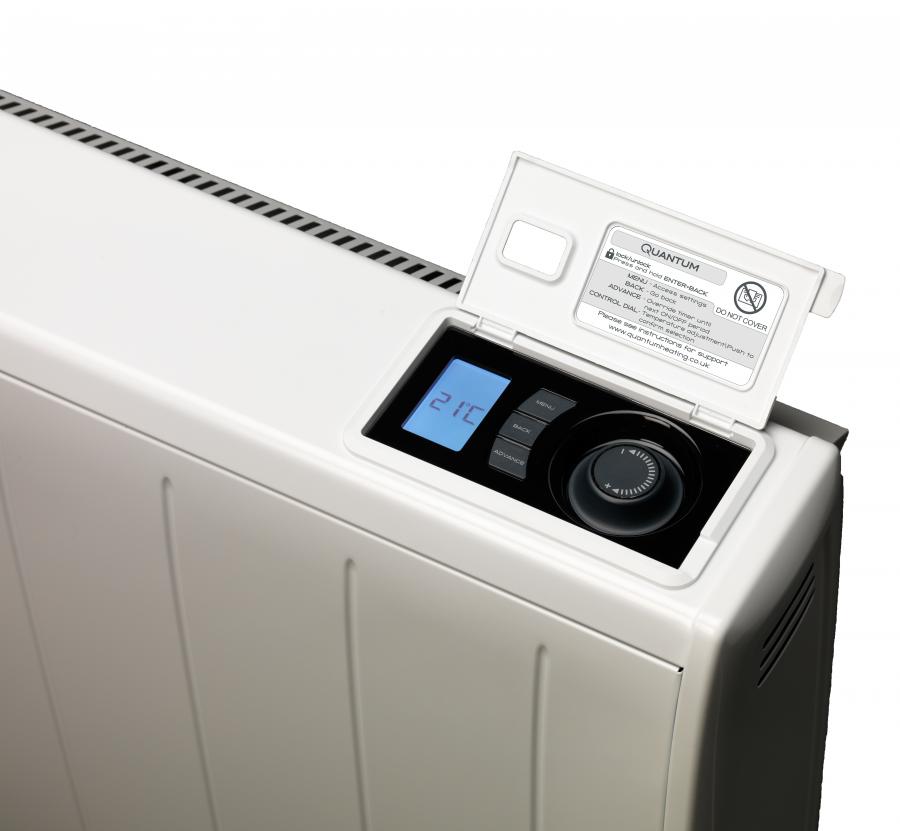Britain’s biggest home energy supplier is set to step aboard a new trial, linking flex trading to controllable storage heaters.
From September, Centrica will begin trialling demand-side response (DSR) via remote control of storage heaters in social housing, dialling demand down and up as markets and networks require.
Detailed on Ofgem’s website here, this second trial uses Elexon’s Balancing and Settlement Code (BSC) Sandbox. It allows innovators to trial concepts in a live market, without having to meet full BSC rules.
The first test was conducted by Emergent Energy, after Ofgem gave it the nod last May.
Centrica’s proposal will see it participating for two years in the Balancing Mechanism (BM) as a Virtual Lead Party (VLP), a role which Elexon and National Grid ESO created in 2019. VLP status allows independent aggregators to offer services in the BM.
In partnership with Glen Dimplex, the Dublin-based privately-held power durables maker, September’s trial will initially bring into play up to 2.5MW of storage heaters in social housing, across sites fitted with Non Half-Hourly (NHH) boundary meters.
Boundary meters are used at points where sites – including complex ones and with multiple uses – connect to a distribution network. Such meters measure electricity flows to and from assets on these sites.
Up till now the Balancing and Settlement Code has required that a site is settled half-hourly, before a VLP can operate assets located there.
Ofgem’s new derogation allows Centrica now to submit information stating when storage heaters have reduced their demand, as if the site had been settled half-hourly at the boundary meter.
They will do so using readings from meters built directly into storage heaters, thus providing half-hourly data in place of readings from the boundary meter.
Elexon will carry out checks to ensure accurate figures are gathered remotely from heaters being switched down, up or off.
Sand out of the mechanism
A change in billing regulations next year means that market-wide Half Hourly Settlement (MHHS) will require that generation and use of power by customers with Half-Hourly capable boundary meters installed at their sites are settled using half-hourly readings.
A programme to upgrade boundary meters to achieve the required granularity will run till 2025.
Centrica believes consumers will benefit through participating in the trial. Pluses could include reduced tariffs or other benefits such as rent subsidies for customers in vulnerable circumstances and living in social housing.
For settlements arbitrator Elexon, the energy system will benefit from increased competition, leading to lower costs for system balancing.
Before the BSC recommended approval of the trial to Ofgem, Elexon carried out a risk assessment of financial and electrical factors. Risks to settlement processes and to other players in the BSC market were low, it concluded.
Elexon’s chief executive Simon McCalla declared: “We believe that DSR will play a big part in the transition to a cleaner, more efficient energy system. We are pleased that the BSC can support a trial which offers new ways for customers to participate in the BM.”
Stavros Sachinis, Centrica’s head of DSR & smart energy said, “We are delighted to have support from Ofgem and Elexon to enable Centrica and our partners in the trial, Glen Dimplex, to take a real step forward in accelerating the value of residential flexibility for consumers in the UK and putting households right at the centre of a more sustainable energy system.”
Muiris Flynn, chief technical officer at Glen Dimplex heating & ventilation arm, said “We are excited to be involved in this forward-thinking project, and look forward to demonstrating a model that offers real benefits to stakeholders throughout the energy supply and use chain. Enabling such functionality facilitates decarbonisation and will reduce costs for electric heating users.”




